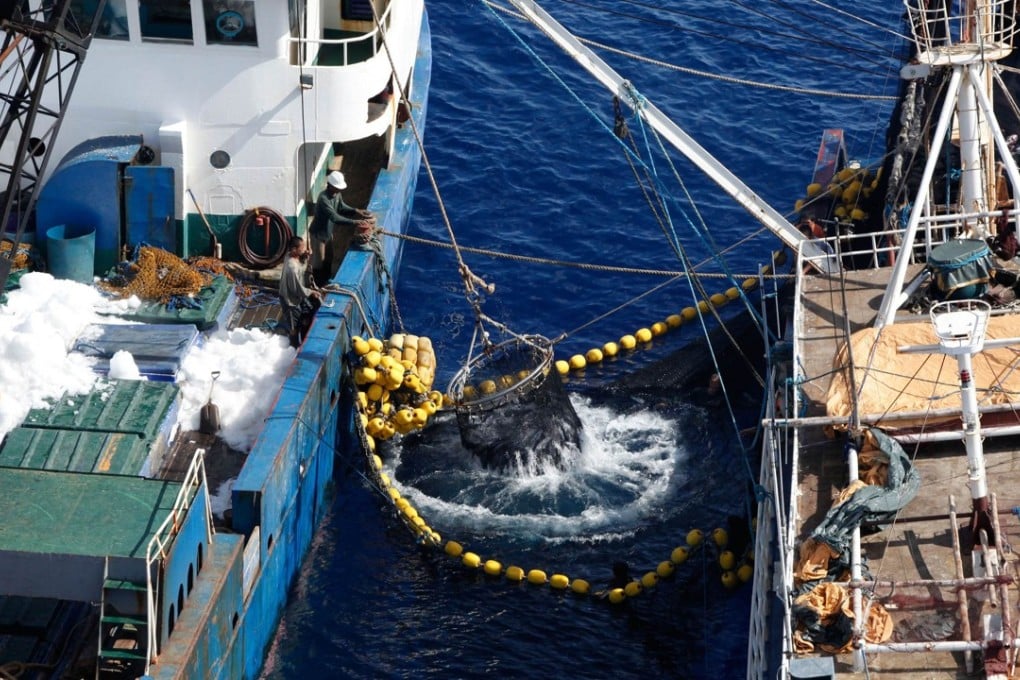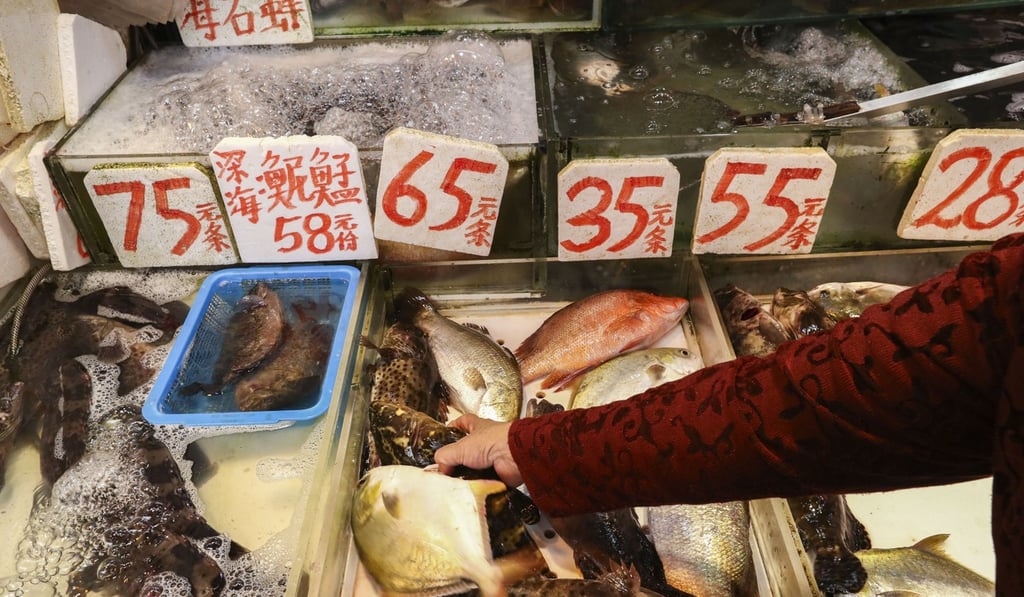Hong Kong must tighten the net on illegal reef fish imports
Yvonne Sadovy says loose regulations enable cargo vessels to ship tonnes of live reef fish from Southeast Asia into Hong Kong to sate local and mainland appetites, thus depleting ocean stocks

Eating fish sustainably: how Hong Kong is decimating fish stocks with its appetite for seafood, and what you can do to stem pillage
The 20,000 tonnes of live reef fish, a minimum estimate of the trade import volume entering the city each year, are worth in excess of US$1 billion (HK$7.8 billion) at retail. This is over six times the value of Hong Kong’s own fishing fleet and represents an important trade for the city.
How Hong Kong is decimating fish stocks
Why are there fewer fish? Southeast Asia’s poor suffer as Chinese money floods Mekong River, depleting resources

Part of the problem is that the Hong Kong government has no way to control or track the activities of the 30 or so vessels involved. These vessels are exempt from reporting their entries and exits to Hong Kong authorities and this makes them virtually impossible to trace. The exemption was granted because it was assumed these boats operate like fishing vessels with frequent entries and exits on irregular schedules. But they are live fish cargo vessels, the largest of them exceeding 300 gross tonnage, that enter the city once or twice monthly. The larger carriers are not required to carry the Automative Identification System equipment required of similar-sized vessels in other categories that would assist in tracking them.
Many of these vessels are exempt from reporting their entries and exits to Hong Kong authorities and this makes them virtually impossible to trace